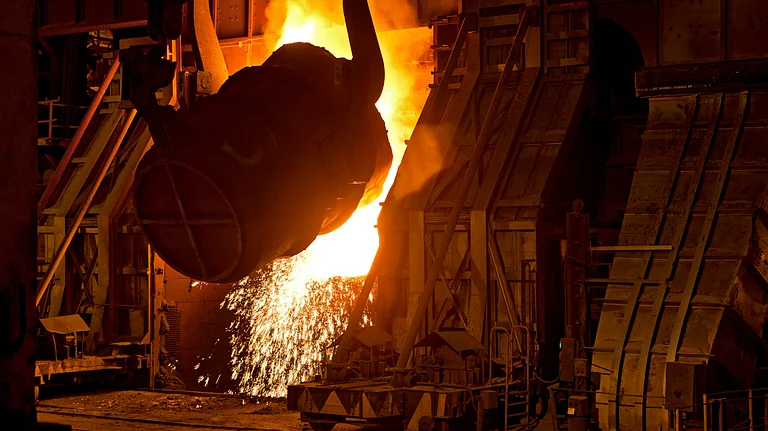A recent Bloomberg Green analysis reveals a troubling trend: major tech firms like Amazon, Microsoft, and Meta are overstating their environmental credentials by using renewable energy certificates (RECs) that don't necessarily reflect their true carbon impact. Despite claims of green energy usage, these companies continue to rely heavily on fossil fuels.
The Integrity Council for the Voluntary Carbon Market (ICVCM) recently ruled that carbon credits from existing renewable energy methodologies will no longer meet its Core Carbon Principles. This decision, affecting 32 percent of the voluntary carbon market or 236 million credits, marks a significant shift towards more rigorous standards for verifying emission reductions.
Bloomberg’s investigation shows that unbundled RECs enable firms to project a greener image without significant actual reductions in carbon emissions. For instance, Microsoft’s emissions have surged by 30 percent since 2020, despite its carbon-negative pledge, largely due to the carbon-heavy materials used in building its data centres.
Tech giants assert that their AI operations are powered by renewable energy sources like wind and solar. However, experts dispute this, arguing that these claims do not accurately reflect the energy mix used. The real impact of AI-driven energy demands, especially on the carbon footprint, is often underreported.
In 2022, Amazon, Microsoft, and Meta reported lower emissions by relying extensively on unbundled RECs. Without these credits, Amazon’s reported emissions would have been 8.5 million metric tonnes higher, Microsoft’s by 3.3 million tonnes, and Meta’s by 740,000 tonnes.
While Google has moved away from using unbundled RECs, focussing instead on direct clean energy purchases, Amazon, Meta, and Microsoft continue to depend on these credits to meet their renewable energy targets. Amazon’s reliance on unbundled RECs was the highest among its peers at 52 percent in 2022, but the company plans to reduce this reliance as more direct renewable energy projects come online.
Despite Microsoft’s efforts to achieve carbon negativity by 2030, the growth of AI is challenging these goals. The company’s expanding data centres, driven by increasing AI demands, are contributing to a higher carbon footprint, with planned investments of over $50 billion in the coming year further exacerbating the issue.
Microsoft’s president, Brad Smith, acknowledges the difficulty of balancing AI’s benefits with its environmental costs. While the company claims to be powered entirely by renewables, this is largely due to its use of RECs, which do not always reflect actual emission reductions.






_1640920638.jpg?w=801&auto=format%2Ccompress&fit=max&format=webp&dpr=1.0)
























